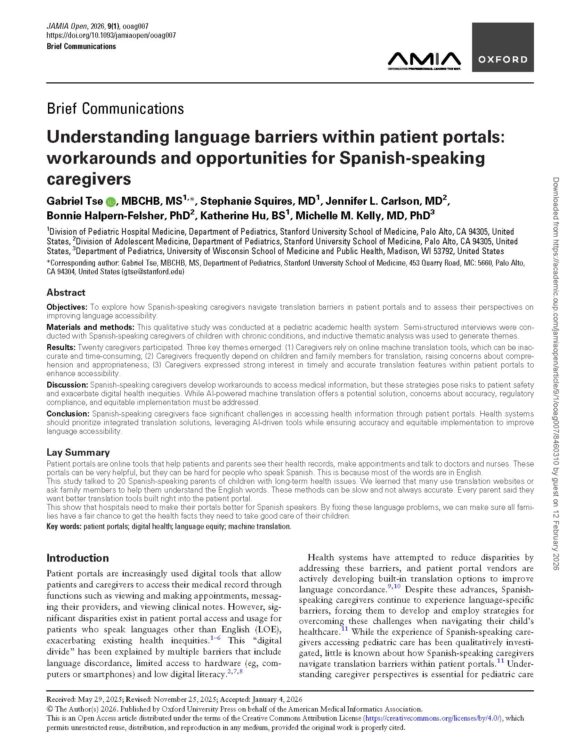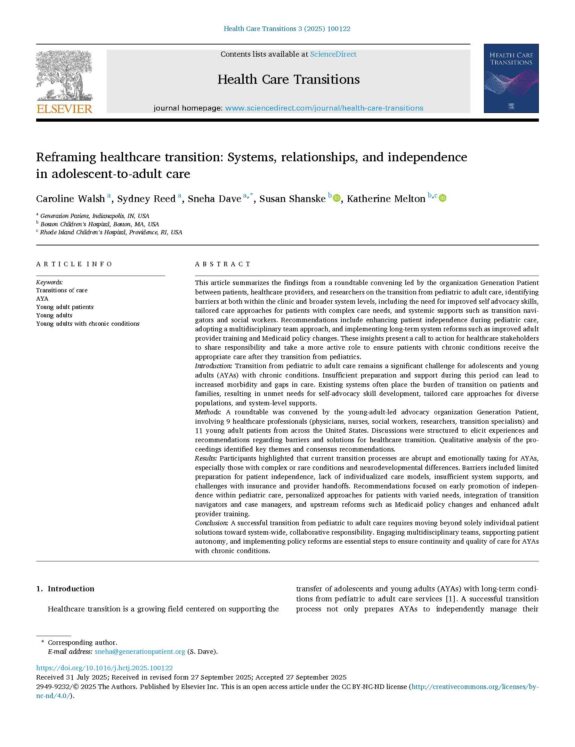Six Models for Understanding How Families Experience the System of Care for Children with Special Health Care Needs: An Ethnographic Approach
In 2009, the Lucile Packard Foundation for Children’s Health initiated a program to improve the system of health care for California’s children, with a particular emphasis on children with special health care needs. As part of this work, the Foundation sought to understand the experiences and viewpoints of these children and families during their interactions with the health care system as it is currently organized.
Children with special health care needs are those whose medical conditions are likely to require long-term, complex medical treatments. Their families face many challenges in obtaining appropriate medical treatment and in coordinating other necessary services. Chronic conditions also cause many families severe financial difficulties.
The Foundation engaged ethnographers to study families raising a child with special health care needs. Ethnography, a branch of anthropology, seeks to understand human experiences by conducting interviews with individuals and families, and also by participating in their daily lives to observe and document their activities.
The ethnographers conducted in-depth interviews with eight families in Northern California. The goal of these interviews was to understand the entire experience of care, from the onset of symptoms, through the initial diagnosis, treatment, and resulting outcomes. The interviews lasted about three hours each. The ethnographers supplemented the interviews by accompanying families during their interactions with selected care coordinators and care providers who were working with the children and their families.
The research team looked for patterns in the experiences of the eight families, and consolidated their findings into six conceptual models. The patterns are intended to help deepen our understanding of the families’ experiences, and to provide context for the experiences of other families who are dealing with similar issues.
The families who were studied were not chosen at random, and the findings are not intended to be valid from the standpoint of quantitative research methods. However, experts who have reviewed these patterns have found them both compelling and useful as meaningful descriptions of important aspects of the process of caring for children with complex and chronic conditions.
Such understanding can help inform the process of creating an enhanced system of health care for children with special health care needs.


